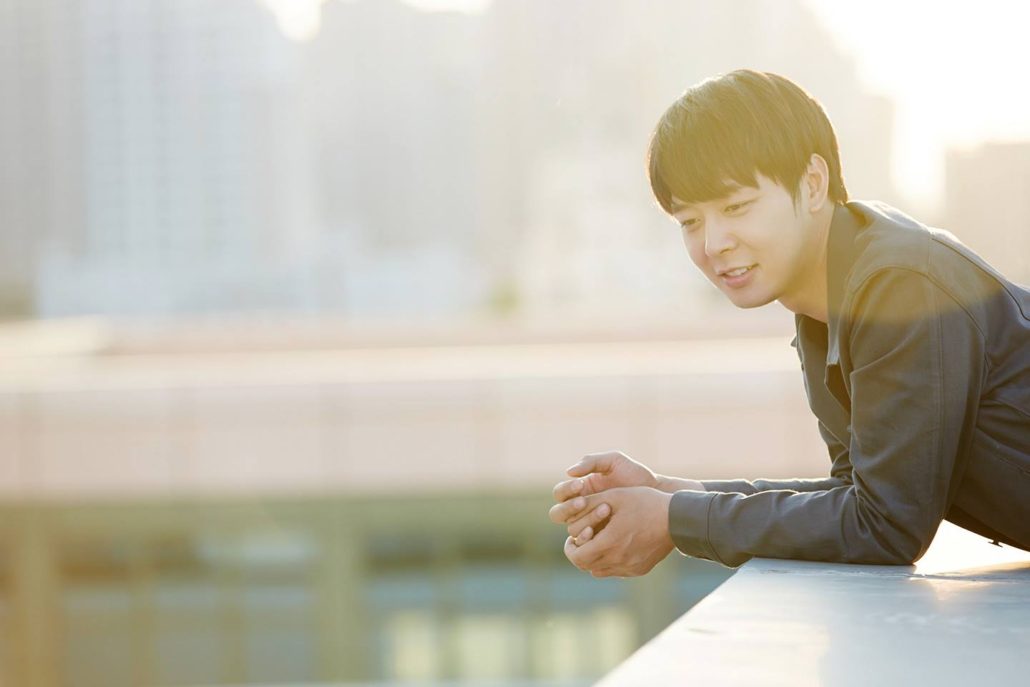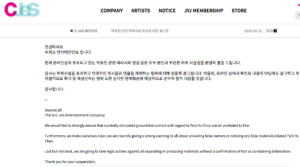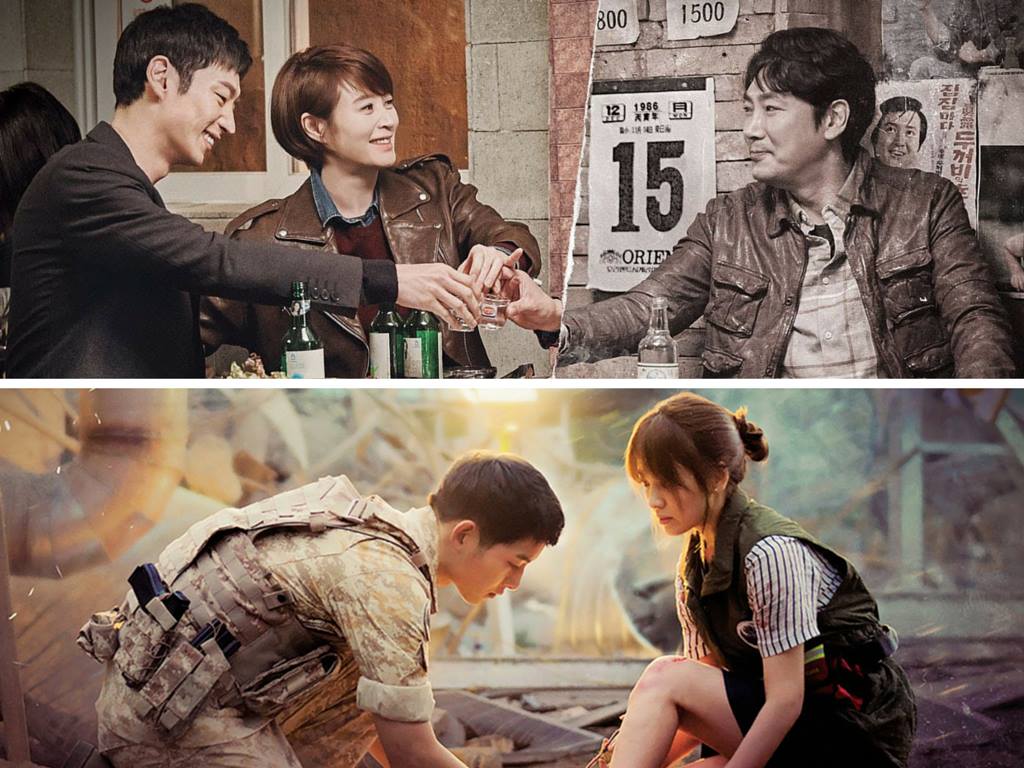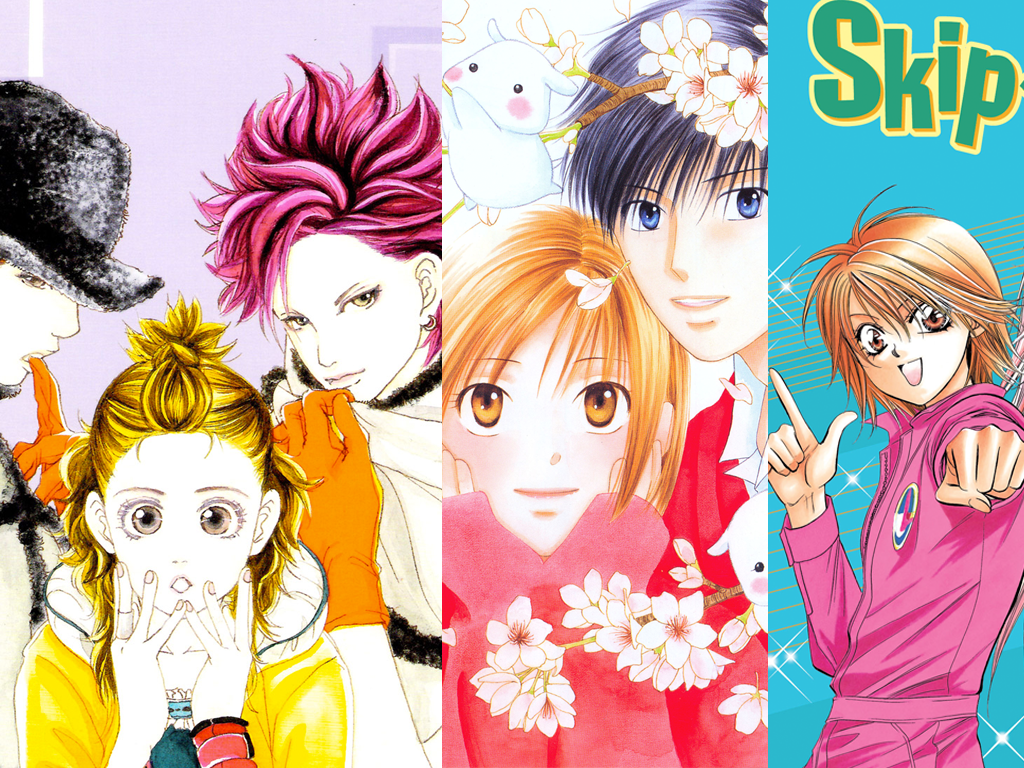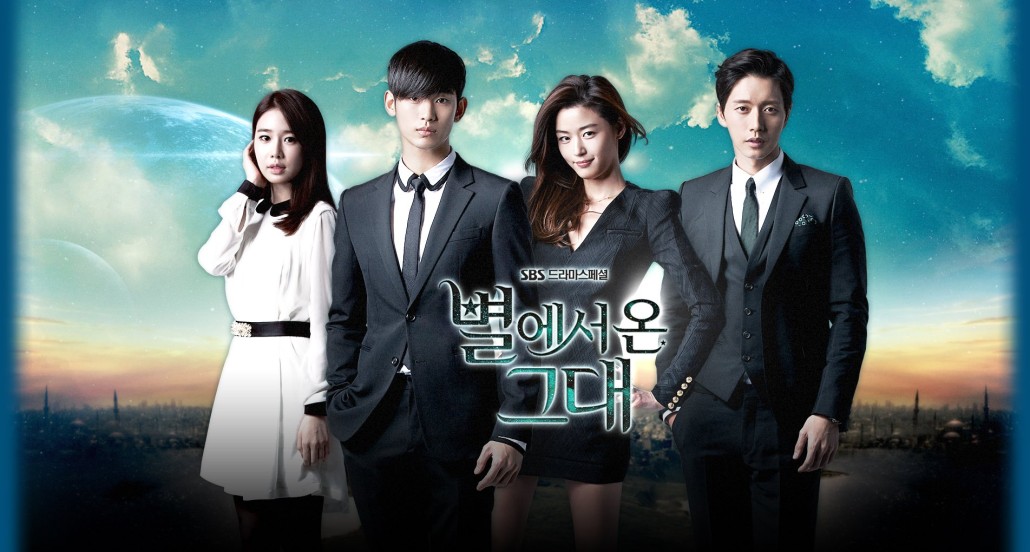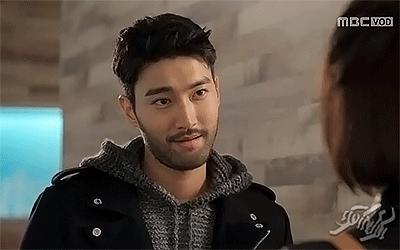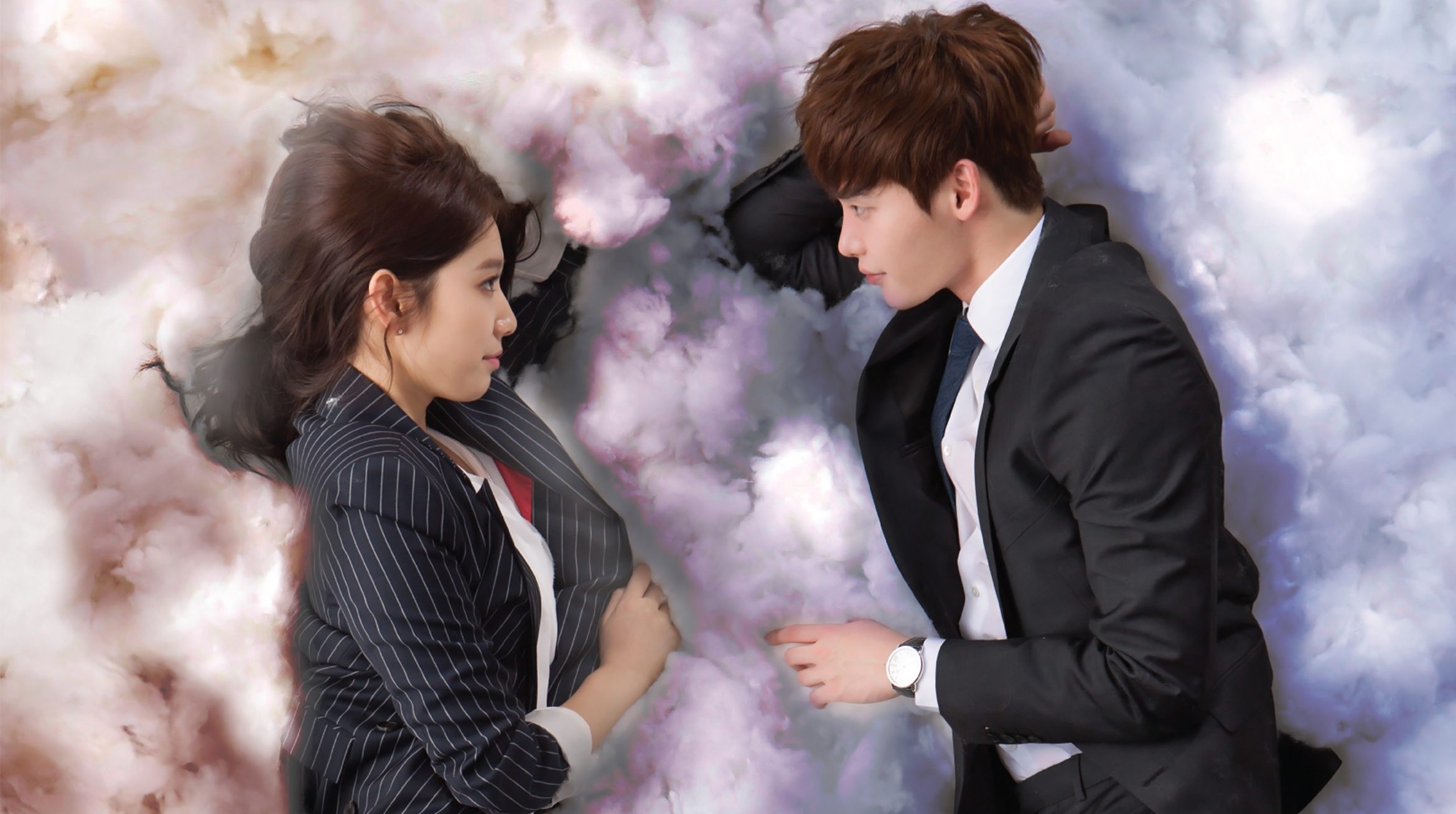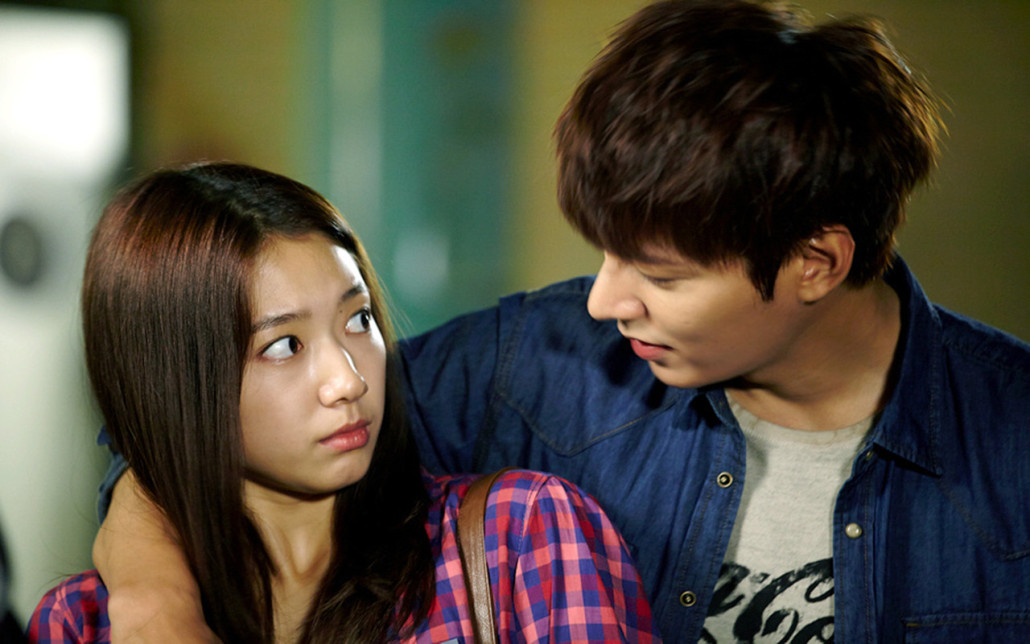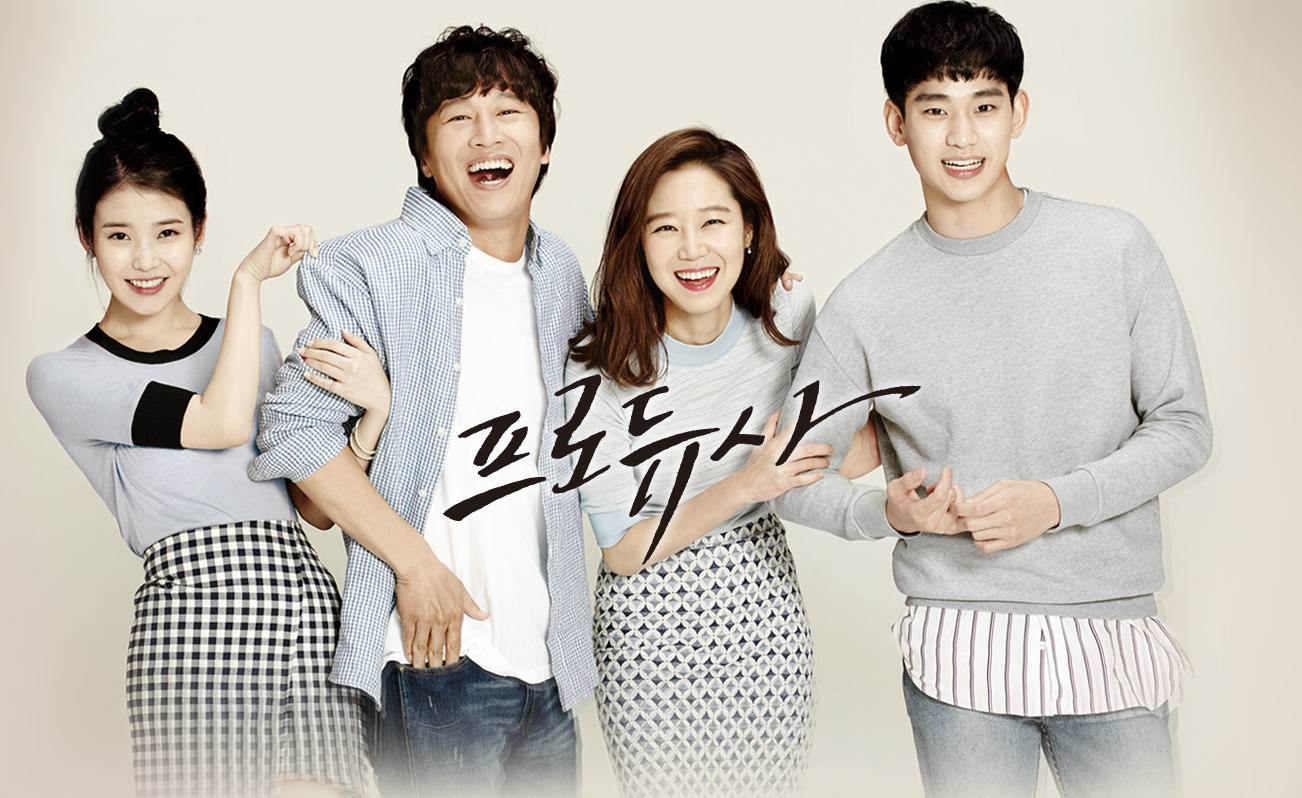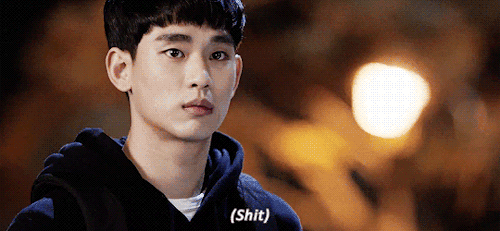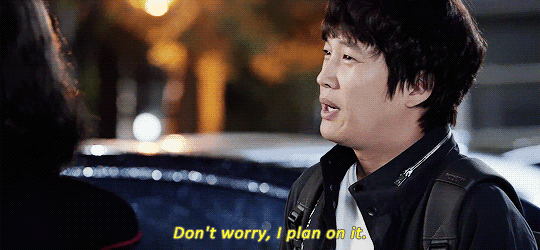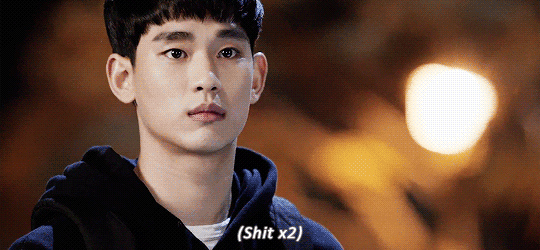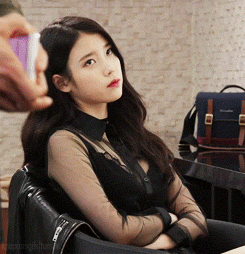How effective will China’s ban on K-dramas be?
Early in July 2016, South Korea and the US agreed to deploy the US Army’s Terminal High Altitude Area Defense System (THAAD) to the Korean Peninsula as North Korea continues to test launch intermediate-range ballistic missiles. South Korea says it wants the system for protection against North Korean missiles, but China feels the system will be used to spy on strategic Chinese locations. To retaliate for South Korea’s defensive move, China has banned Korean entertainers from appearing in China and banned K-dramas altogether. Enforcing that ban and asking Chinese viewers to stop watching K-dramas may be a bit more complicated than that for a variety of reasons.
It’s hard to know how the Chinese people feel about this ban. China’s state news agency Xinhua said there’s support for the ban because the Chinese love their country more than they love K-drama, but Chinese viewers might find it hard to break up with this highly addictive form of entertainment. In some ways, the choice forced on viewers can be compared to that much loved K-drama trope: the love triangle. On one hand, there’s a government saying love of country comes first. On the other, there’s hyper-addictive entertainment with attractive stars that has won Chinese hearts. Who wins? China’s government may want to take note. In k-dramas the female lead usually chooses the more attractive and charismatic alternative.
The popularity of South Korean entertainment media in China has never pleased the Chinese government. Every new K-drama success prompted a warning from the government. When the recent drama Descendents of the Sun hit over 400 million views, the government issued a warning saying that “watching Korean dramas could be dangerous, and even lead to legal troubles.” While that particular statement did not explain what those “legal troubles” were, dramas reportedly caused a pregnant Chinese woman to almost miscarry after bingeing on the fried chicken consumed in the drama “My Love From The Star” and another young woman to develop glaucoma after binge-watching a drama.
Also on KultScene: 5 Things To Know About ‘Uncontrollably Fond’
The government has long decried the values K-dramas depict; values that are more in line with capitalist countries, such as the U.S., and cautioned citizens against their not-so-subtle influence. Following the recent political defense move by South Korea, the Chinese government decided to ban appearances by Korean drama and K-pop celebrities.
For starters, Chinese viewers have become used to Korean content. By 2006, Korean dramas already accounted for more of the programming on Chinese television than any other foreign programming and the demand continued to grow. This, in part, is why China’s political advisory body, the Chinese People’s Political Consultative Congress (CPPCC), held a meeting in 2014 to discuss the dangerous appeal. The focus? Why could the Chinese government not make comparable television dramas that appeal around the globe when China had long considered itself the standard bearer for Asian culture.
While the Chinese government and industry pondered the question a lot of money left China earmarked for Korean entertainment companies and the makers of the products promoted in them. As successive dramas aired, the price for episodes went up, funneling even more Chinese money to Korea. The YSL lipstick shade worn by Jun Ji Hyun, star of the 2014 drama You Who Came From The Stars, sold out almost immediately. Chinese imports of South Korean beauty products doubled in 2015. Moreover, increasing numbers of Chinese tourists traveled to Korea to visit drama sites, including “You Who Came From The Stars,” often outnumbering Korean tourists at the same sites.
Doing business in China was profitable for the Korean entertainment community, which increasingly catered to fandoms there. The variety show Running Man made more money from the sale of copyright for the Chinese version than it did domestically. The casting of stars in K-drama or variety shows was influenced by their popularity in China. For example, Park Hae Jin was a smart casting choice in Cheese in the Trap not only because he was right for the part, but also due to his huge following in China.
During the last decade more Hallyu actors appeared in Chinese dramas and Chinese actors became more common in Korean dramas. Dramas such as Descendants of the Sun, starring Song Hye Kyo and Song Joong Ki, and Saimdang: The Herstory, starring Lee Young Ae and Song Seung Heon, were filmed completely in advance, partly to make it easier for Chinese censors to screen out sensitive material that might offend Chinese audiences. Censorship is a must when dramas air in China. For example, Doctor Stranger had the North Korean segments removed before it could be shown in China, as the government supports the North Korean regime.
The Chinese government also wanted some of the K-drama revenue to stay in China, insisting that Chinese companies had to invest in or co-produce any dramas that could be shown there. As a result, Seoul and Beijing signed a Free Trade Agreement in June 2015, and Chinese investment in the entertainment industry surged to $86 million in 2016. That’s a considerable amount of Chinese money entangled in the future of K-dramas, especially considering that future may be uncertain.
After the Chinese government threatened to ban Korea’s pop stars and actors, China’s Morning Post newspaper quoted industry experts saying that they were told to postpone any plans for new programs that involve South Korean stars or copyright for South Korean shows. Additionally, appearances by Korean stars were immediately canceled, the first being events for Uncontrollably Fond stars Kim Woo Bin and Suzy Bae and Park Bo Gum of Reply 1988. Song Joong Ki, the star of Descendents of the Sun, has seen his ads removed from China’s smartphones. The smartphone company Vivo cited “unavoidable circumstances.”
So what does that mean for Korean-Chinese productions? According to the American entertainment publication Variety, Chinese-Korean co-productions and talent are to be restricted, but shows already being filmed and aired may be exempt. However, there are Korean stars appearing in Chinese productions. Ji Chang Wook and Yoo In Na are currently working in China. Actor Ji Chang Wook stars in the Chinese drama Whirlwind Girl 2. Rumors spread that it was taken off the air but on August 2, his agency Glorious Entertainment denied those rumors saying that the program still airs. Yoo In Na is currently filming a Chinese period fantasy drama titled Love Weaves Through A Millennium 2, a remake of her K-drama Queen In-Hyun’s Man. Production did stop briefly after the announcement, but Yoo In Na’s agency, YG Entertainment, cautioned jumping to a conclusion. There has been no announcement that the show will be cancelled.
Also on KultScene: ‘Cheese In The Trap’ & ‘Answer Me 1988’: tvN’s 2nd Male Lead Problem
As for films, The Korea Times reported that Lee Min Ho’s film The Bounty Hunter grossed $29 million since its Chinese release in July. Will Korean films face the same restrictions and will Chinese audiences be ready to skip the next drama of the megastar so many fans love? That remains to be seen.
One thing is sure, however. The ban will hurt the bottom line at Korea’s entertainment agencies. China is the biggest foreign buyer of Korean cultural content. No sooner was the ban announced than stock in Korean entertainment companies dropped, although since then some companies have recovered slightly.
South Korea is not likely to withdraw from THAAD, so China may find it difficult to rescind its ban. The government has drawn a line in the sand and it may be a line that some Chinese viewers are tempted to cross; a ban on the Hallyu could backfire by making K-dramas seem even more appealing. Will more Chinese drama lovers travel to Korea more often to see their favorite stars or possibly find new viewing sources to satisfy their drama fever? After all, K-dramas are a hard habit to break.
What’s your take on the Chinese ban? Share your thoughts in the comment section below and be sure to subscribe to the site and follow us on Facebook, Twitter, Instagram, and Tumblr to keep up with all of our posts.


